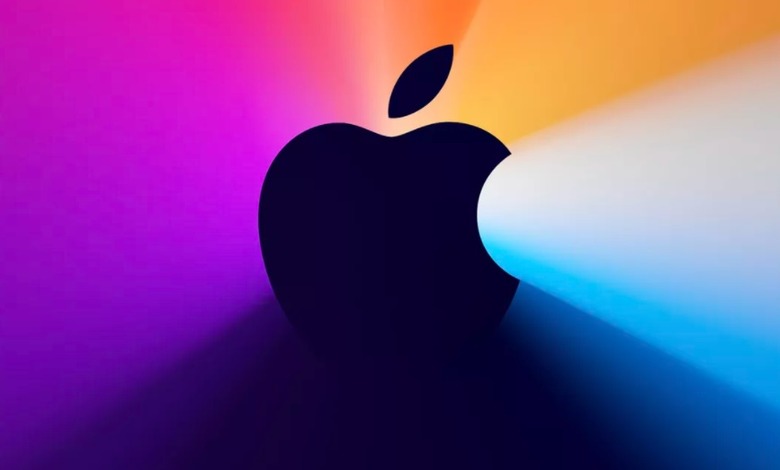Embracing Cryptocurrency Could Net Apple $40 Billion In Additional Revenue, Analyst Says
- Apple should buy bitcoin and create a cryptocurrency exchange, according to a new report from RBC analyst Mitch Steves.
- Steves speculates that embracing cryptocurrency could become a $40 billion/year business for Apple.
Tesla earlier this week made waves in the crypto world when it revealed, via an SEC filing, that it recently purchased $1.5 billion worth of bitcoin. Additionally, the EV maker said it would start accepting bitcoin as a payment method for its products. Predictably, Tesla throwing its weight behind bitcoin sent the price of the cryptocurrency up a few thousand dollars. Just last week, bitcoin was in the $36,000 range whereas now it's in the $47,000 range.
In light of that, RBC analyst Mitch Steves in a new investor note argues that Apple would be well-served by following Tesla's lead. Steves believes that Apple has a tremendous opportunity to pad its bottom line by buying bitcoin and creating its own crypto exchange. If incorporated into the Apple Wallet app, Steves notes that Apple's security expertise would instantly make it a force to be reckoned with.
Reuters notes:
With its access to world-class software and a secure ecosystem, Apple could tackle the problem individuals face acquiring crypto assets due to know-your-customer laws and other regulations with the company offering a closed system that prevents nefarious activity, improves asset security, and has instant access to buyers and sellers, the report said.
It added that if Apple, which already has a Wallet app, went down this path, the move would likely make the United States a global leader in crypto assets, lessening the possibility of a government shutdown of the industry.
With respect to the economic upside of Apple getting into the cryptocurrency world, Steves believes it could eventually add $40 billion in annual revenue to Apple's balance sheet.
"To put some numbers around this, Square generates ~$1.6B/qtr in bitcoin related revenue on an active install base that we estimate to be in the ~30M range," Steves's research report reads in part. "Apple's install base is 1.5B and even if we assume only 200M users would transact, this is 6.66x larger than Square."
It's an intriguing idea, to be sure, but the likelihood of Apple going down this path appears very slim. Apple's advancements are rooted in software and hardware-based advancements, not speculative plays on volatile cryptocurrency. What's more, there's no guarantee that bitcoin will live up to the expectations many of its strongest proponents have been championing for years.
To this point, a recent article titled The Bitcoin Dream Is Dead articulates some of the underlying issues preventing bitcoin from becoming a practical form of currency:
And yet the reality is that Bitcoin has never really functioned as a currency. Almost from the beginning, only a small percentage of Bitcoin transactions have been for actual goods and services — and of those, many have been for illicit goods and services, like drugs and online gambling. Most Bitcoin transactions have been trades: people simply buying and selling it. The blockchain analysis company Chainalysis, for instance, found that in the first four months of 2019, just 1.3% of total transactions involved merchants. And that trend has only accelerated as the value of Bitcoin has soared. Strikingly, despite the speculative fervor that has surrounded Bitcoin, the total number of transactions has risen only mildly over the past two years. And that number is so small relative to the total number of electronic bank and credit card transactions as to be barely worth mentioning.
While it's no secret that Apple is currently exploring several initiatives in new product categories — with an AR headset and a rumored EV being two prominent examples — the idea of bitcoin being a part of Apple's future business plans seems far-fetched at best. And while the idea in and of itself is admittedly intriguing, suggesting it as a concrete idea Apple should embrace shows a fundamental lack of understanding with respect to how Apple runs its business and dives into new markets.
